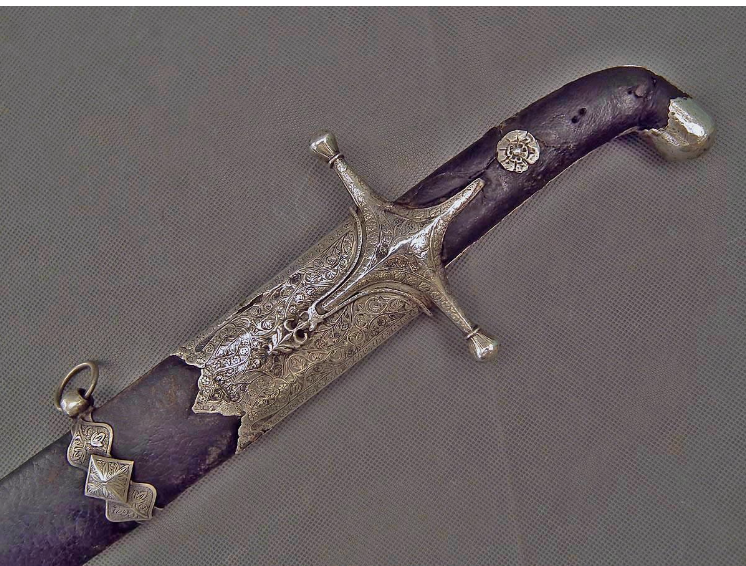CPE Essay. Freedom of the press
1. Taking advantage of freedom
The freedom of the press is one of our most precious social principles, but this freedom is given to reporters and editors to allow them to report on matters of general public interest and concern and not as a means of generating newsprint by harassing ordinary citizens and celebrities. The intrusion of the press into people’s private lives is not legitimised by the fact that there are readers who want a certain kind of tabloid story, nor can it be justified by the simple argument that “the public has the right to know.” The modern press should not be allowed to generate stories by taking outrageous photographs and certainly cannot be trusted to write its own rule of conduct.
The freedom of the press is one of our most precious social principles, but this freedom is given to reporters and editors to allow them to report on matters of general public interest and concern and not as a means of generating newsprint by harassing ordinary citizens and celebrities. The intrusion of the press into people’s private lives is not legitimised by the fact that there are readers who want a certain kind of tabloid story, nor can it be justified by the simple argument that “the public has the right to know.” The modern press should not be allowed to generate stories by taking outrageous photographs and certainly cannot be trusted to write its own rule of conduct.
----------------------
2. How free is free?
A great deal is said about free press and the freedom of speech. They are both cherished in our western value system. Yet just how free is the press? We may find out a lot of scandals about public figures, real and imaginary, but do we hear about what is really going on in the world? Do the people with the money, the really big fish, shake in their boots at the thought of their illicit business dealings being revealed? Not usually; after all, they own the press. It’s an important question to ask – who owns the press – because he is one who wields a great deal of power. We pity the citizens of backward countries that allow their rulers to own the press, but are we any better off really? Do we even know who is in control?
----------------------
Write your essay.
There has been a debate over how free the press should be. The press is considered to be a catalyst for informing the public about issues of note, thereby justifying its means of obtaining data and the information they spread. But can this behaviour be validated?
The first author observes that freedom of press often means crossing the boundaries of individuals’ lives. He/she considers this illegitimate, since the press’s bid to act in the interest of public can by no means mandate infringement of privacy. The second author takes the issues to a deeper level. He/she says that the press aims at public figures, real or contrived, while influential figures who are involved in shady dealings, stay out of public scrutiny. The author then conjectures that the figures in power are those who control the press.
The way I see it, free press is anything but an illusion of freedom. It is true that the press sometimes informs us of facts that can shape our view of the world and keep us up-to date. But often, with the aim to generate views, journalists do not spare their means to dissipate rumours, whether real or blown out of proportion. I highly condemn harassment of individuals, stalking,muck-raking and defamation done by the press for clout. Besides, it is true that journalists often aim at vulnerable members of public while detracting our attention from those impenetrable whose dealings should be the first to be scrutinised. Ultimately, how can journalism be free if it is censored by those who have power?
In conclusion, it is reasonable to assert that any intrusion into an individual’s privacy by the press, under the pretext of serving the public interest, is an unlawful act. After all freedom should be respected on both sides, including those whose integrity might be compromised.




Комментарии
Отправить комментарий